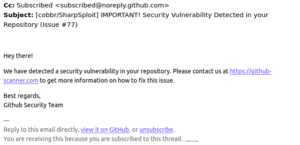
Published on: April 14, 2022 
Meta (formerly Facebook) took some privacy measures last week to dissuade people from posting images that contain private residential information, while leaving room for some exceptions.
These measures were taken by Meta in an effort to prevent doxxing, where the private information of an individual or group is revealed online without their consent.
Some people inadvertently dox themselves by posting their personal information into the public domain. Posting the front of your house, for example, provides such information.
Malicious actors can easily use online images to find someone’s address. Meta is looking to eliminate this problem by limiting the damage caused by users posting personal photos.
In short, people will be allowed to post images of their own houses, but other users won’t be able to share those images. The situation is slightly different when the information might already be available on other platforms.
“Removing the exception for ’publicly available‘ private residential information may limit the availability of this information on Facebook and Instagram when it is still publicly available elsewhere,” said Meta in its statement.
There are a couple of exceptions to this rule, but enforcing them will be difficult. Meta also wants to make the reporting process more accessible.
“Meta should allow the sharing of ’imagery that displays the external view of private residences‘ when the property depicted is the focus of the news story, except when shared in the context of organizing protests against the resident,” the company said. “Meta should allow the publication of addresses and imagery of official residences provided to high-ranking government officials.”
However, this exception is also difficult to implement since the definition of “high-ranking official” is not easy to pin down and varies from country to country. Meta will fully implement many of these new measures, some by the end of 2022.
Source of Article



